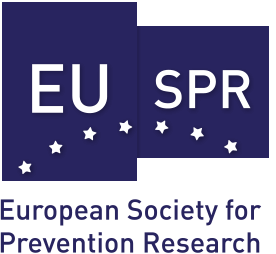Conference Speaker Biographies
Conference Day 1, October 16th 2014 Plenary Session 1 1.1 The economic and social value of prevention in policy development Professor Kevin A. Fenton MD, PhD, FFPH National Director for Health and Wellbeing, Public Health England, UK Professor Kevin Fenton, MD, PhD, FFPH, is the Public Health England National Director for Health and Wellbeing. In …
